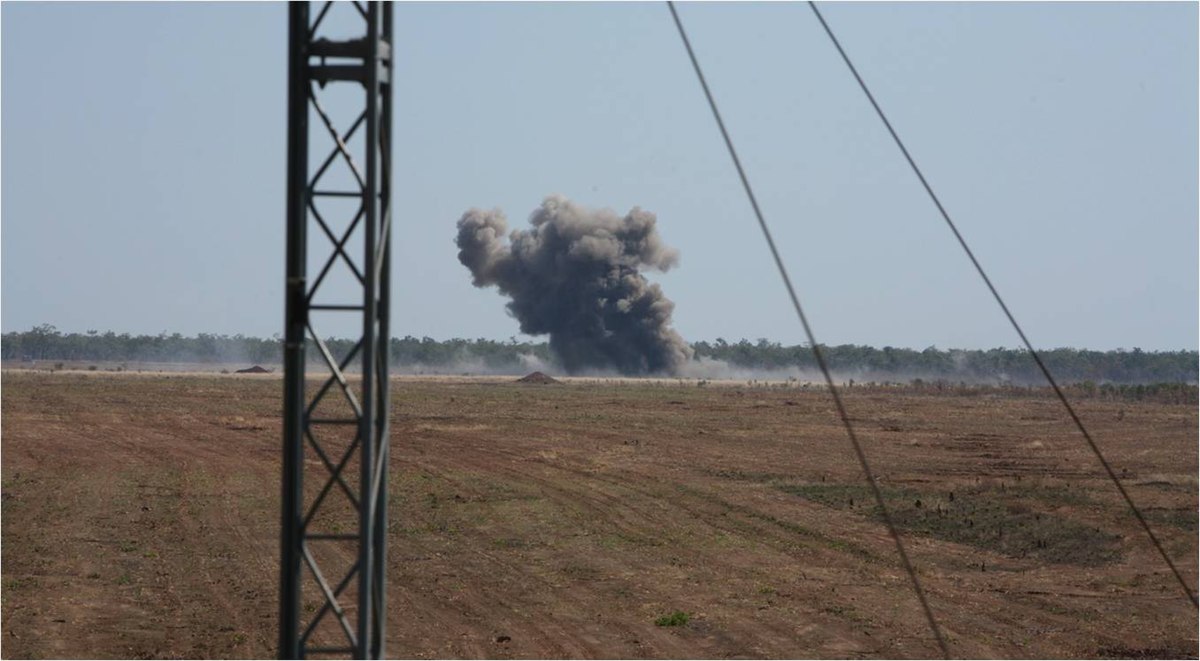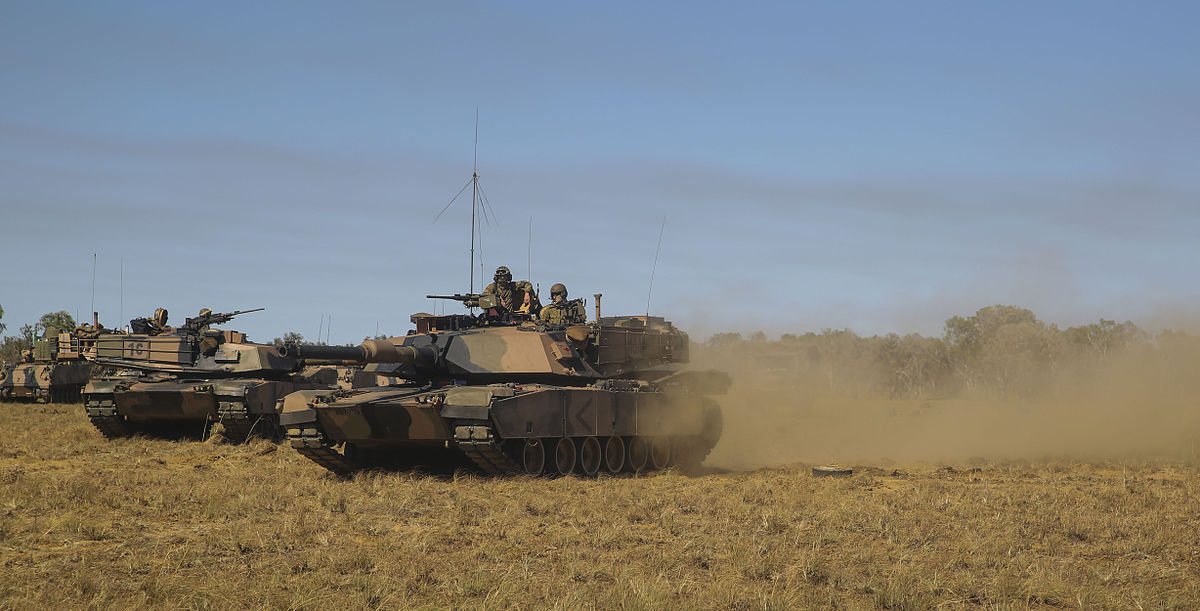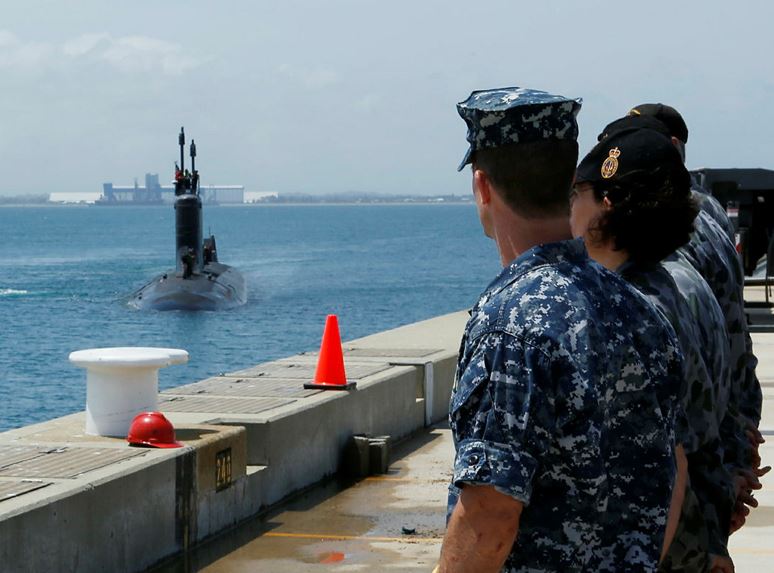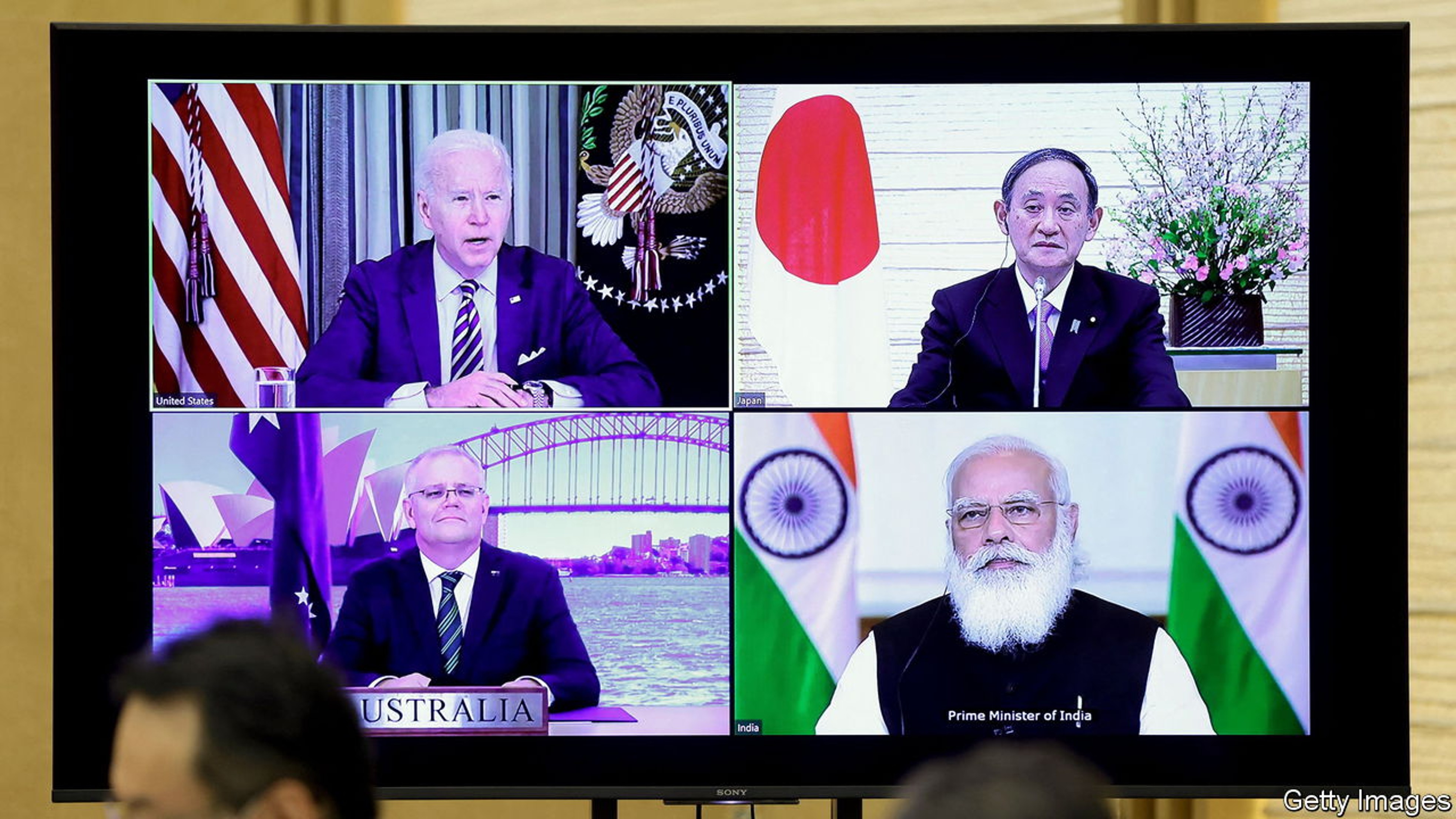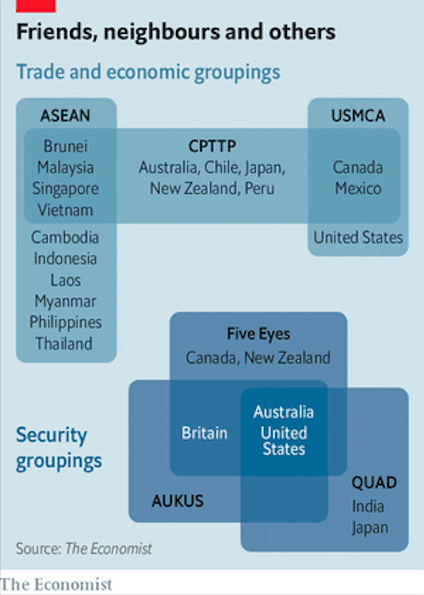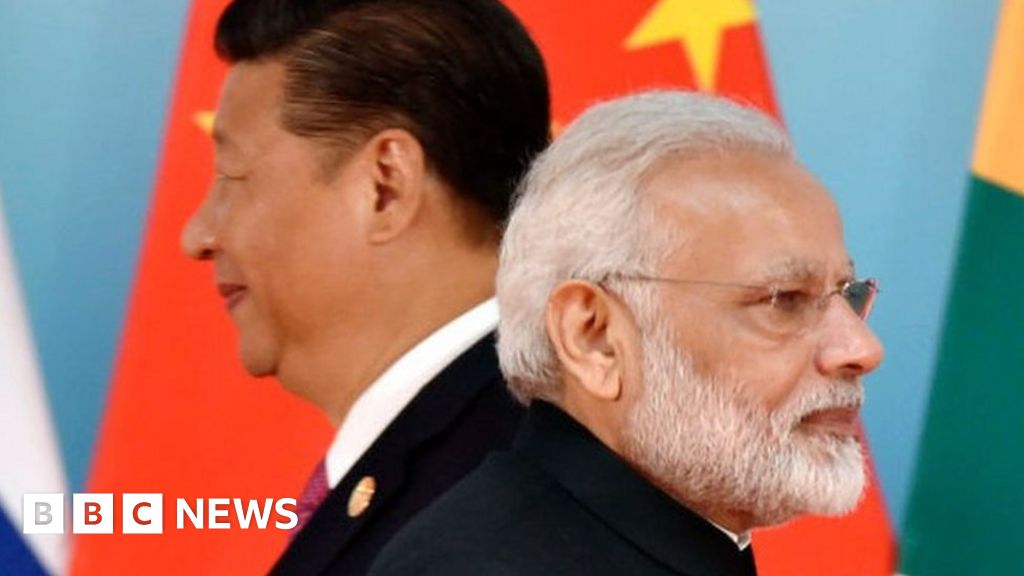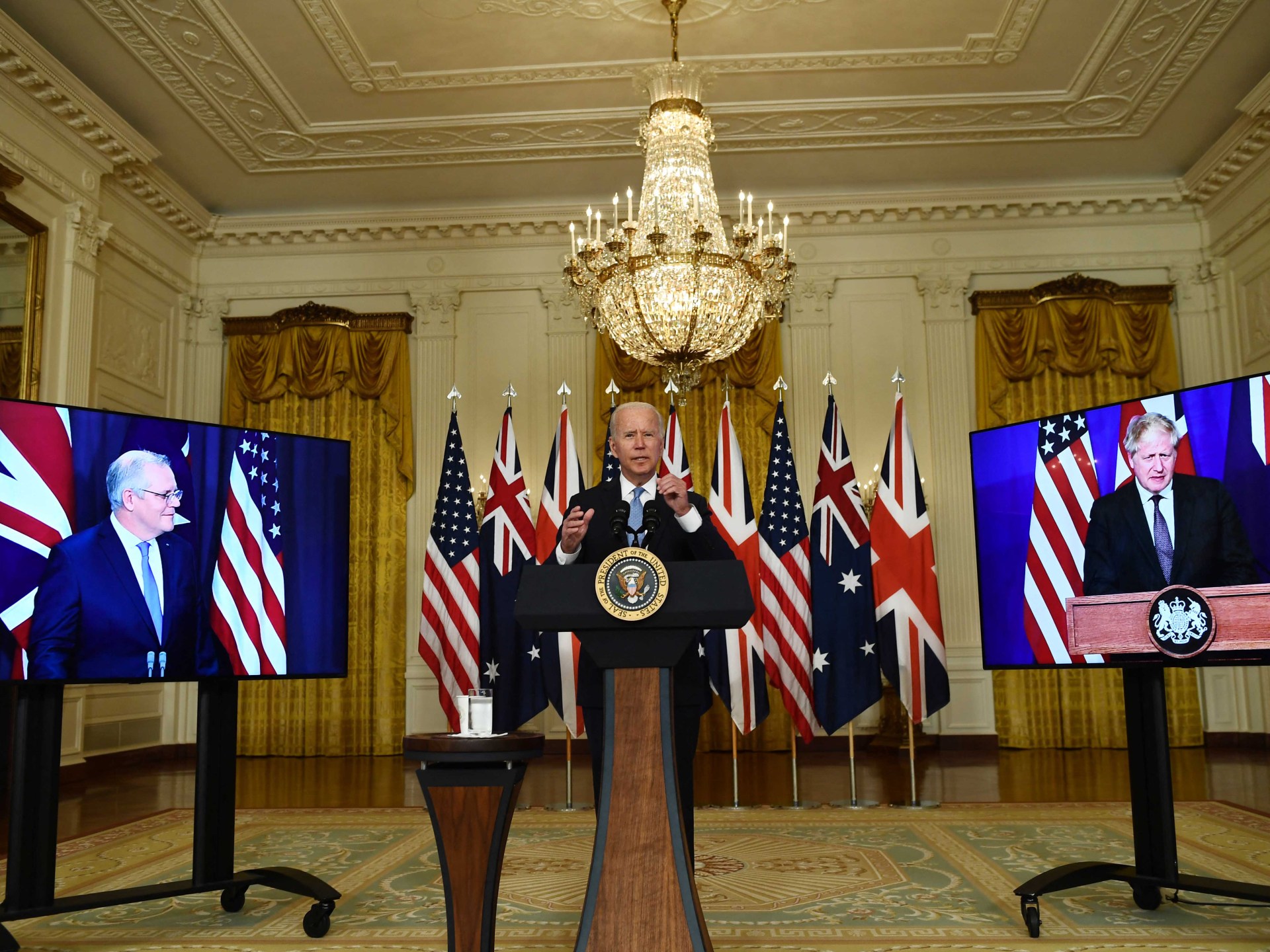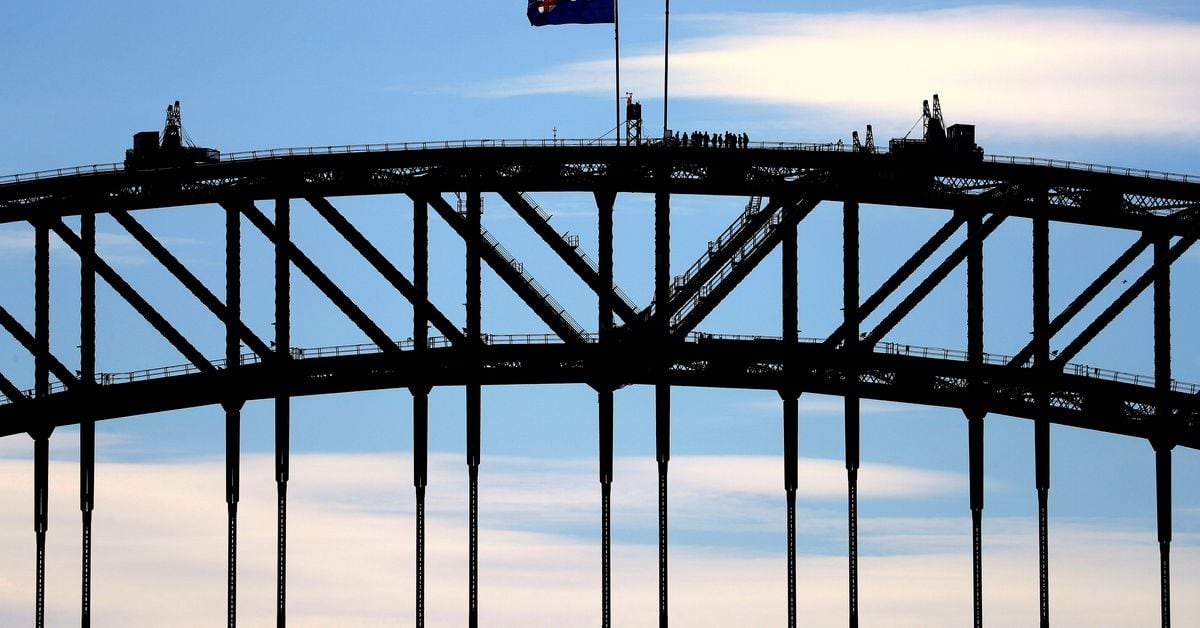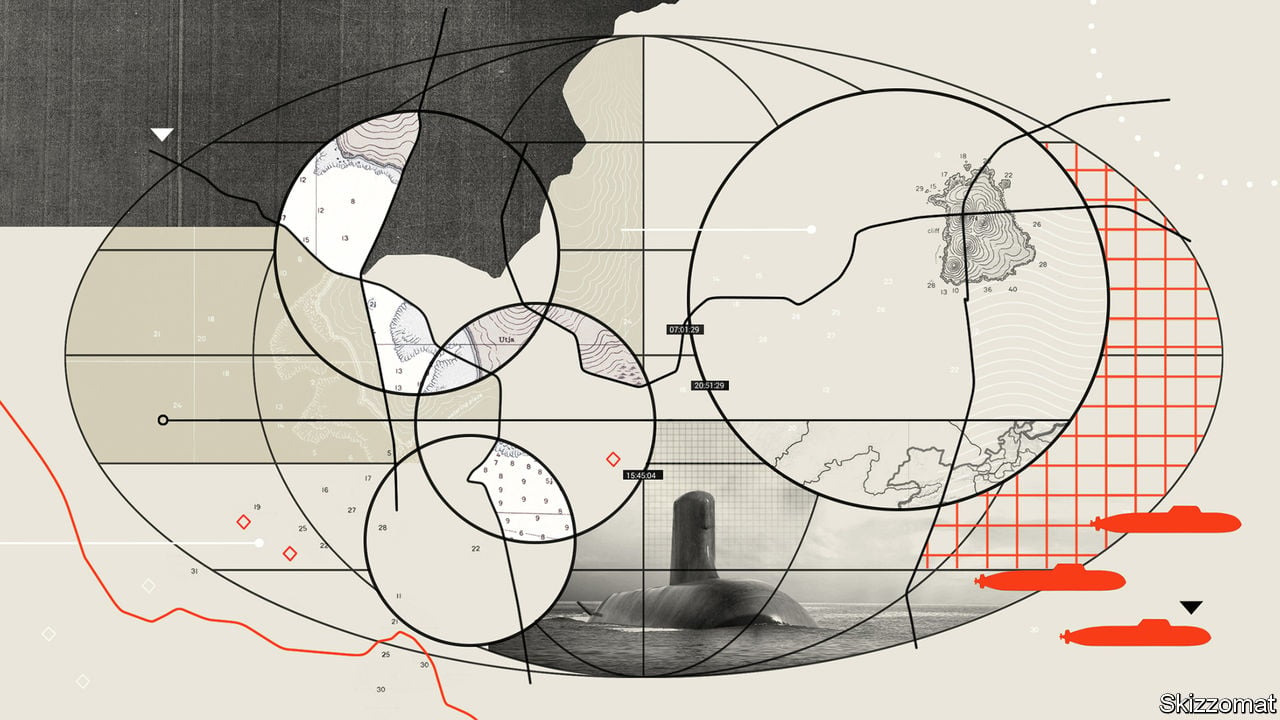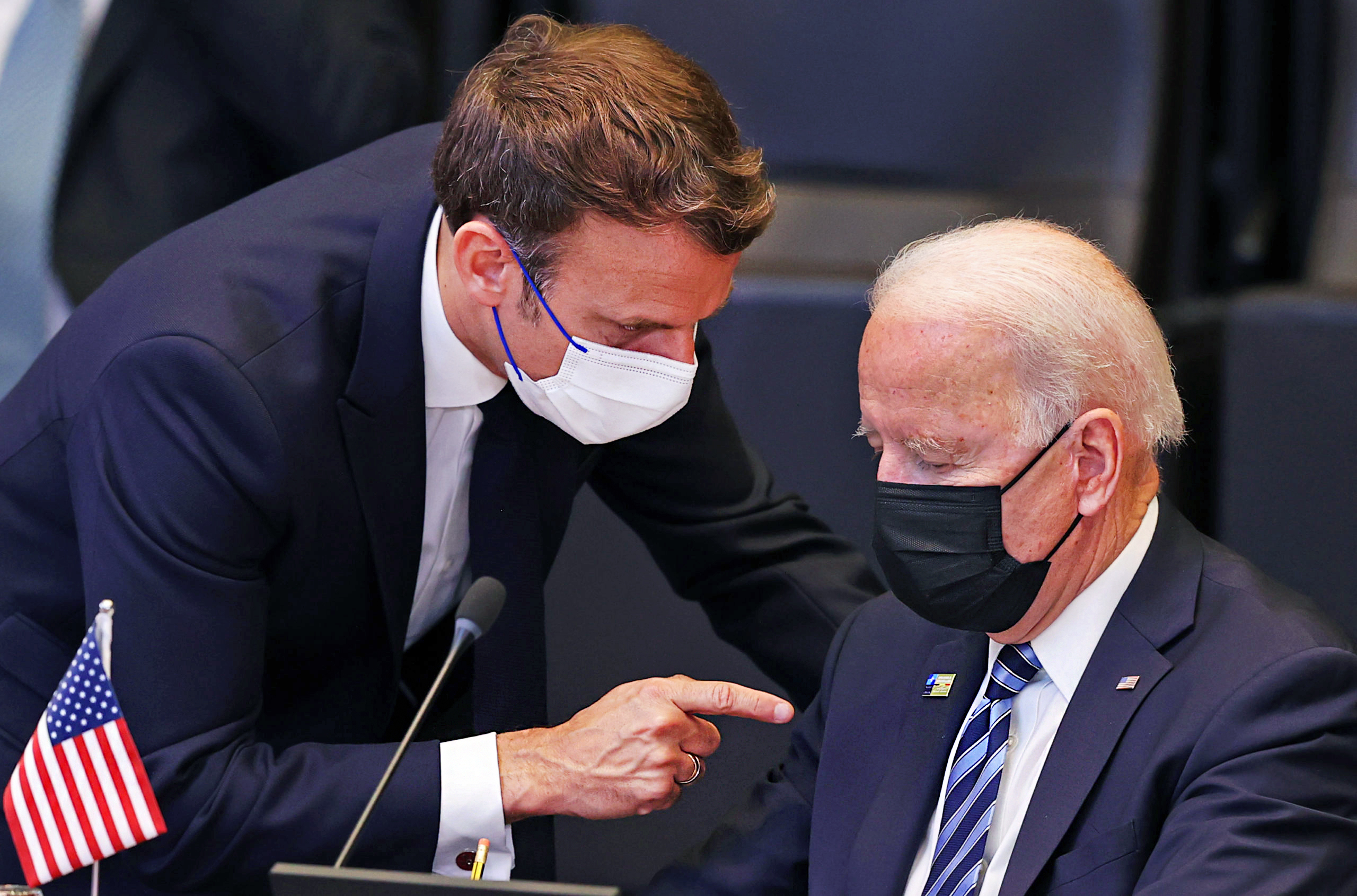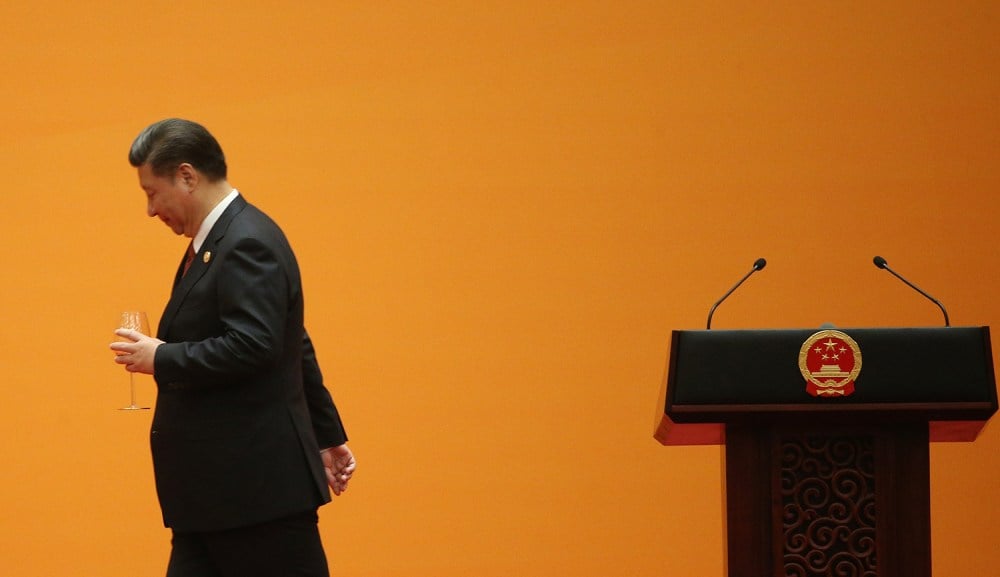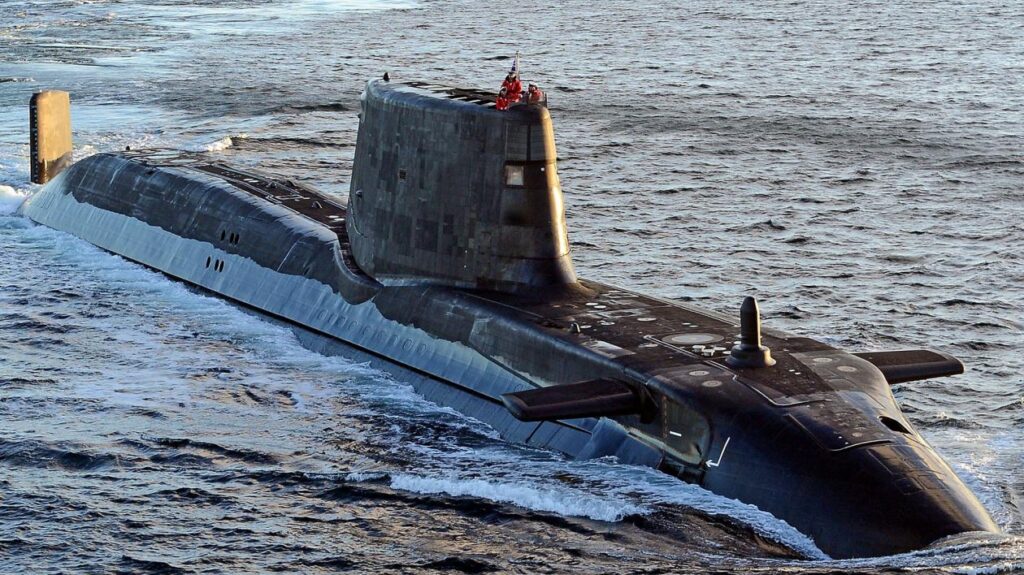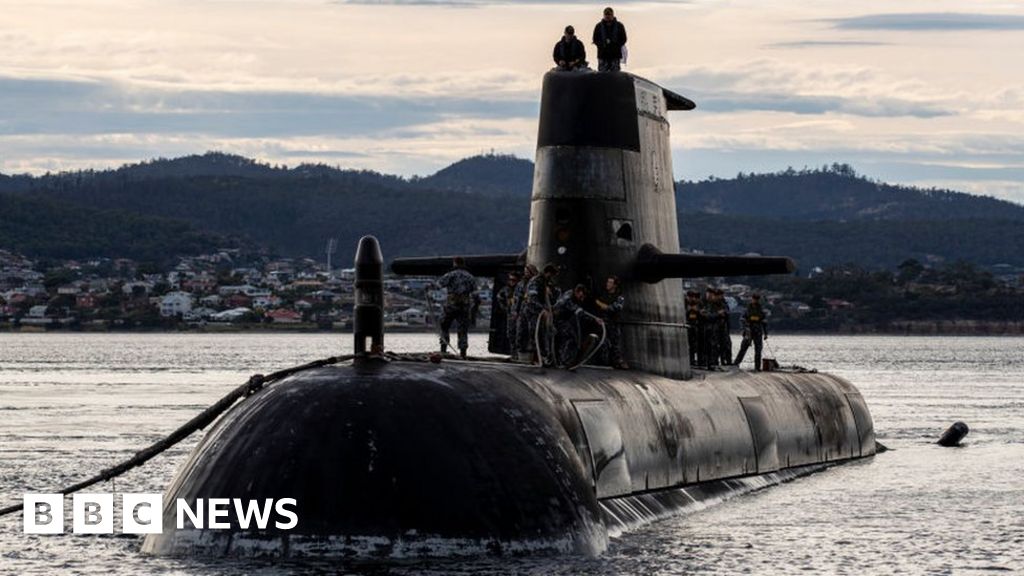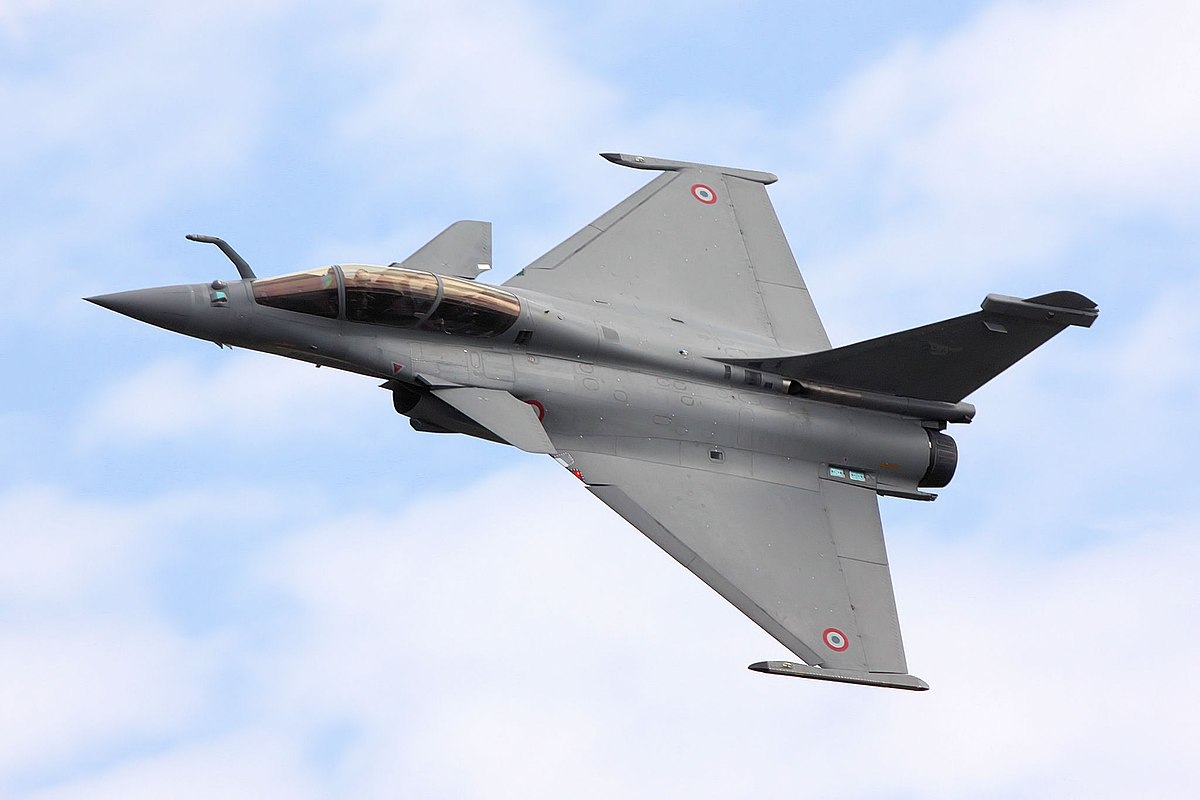DWG
ACCESS: Top Secret
- Joined
- 11 February 2007
- Messages
- 1,754
- Reaction score
- 2,298
I feel the only truly useful deployments would be very long ranged aircraft-strategic bombers, refuelers, recon, and MPA aircraft. The RAAF has an adequate inventory for any kind of local engagement, which would be limited to Y-8/H-6 types and carrier ac for the foreseeable future.
Not if China manages to gain basing rights in, say, Indonesia. Which would be fully consistent with the way it has deployed the Belt and Roads Initiative to date (Xi Jinping actually proposed the '21st Century Maritime Silk Road' element in a speech in the Indonesian Parliament). And over the likely length of the initiative it's certainly a risk. Australia's been here before with Indonesia as a potential Soviet client - which is pretty much why the bare bases are where they are in the first place.
Established US bases in Australia would also provide pre-established forward support bases so that the US can stage through there to support Thailand, Malaysia, Singapore, and the Phillipines (And even Vietnam). And those bases become potential targets so need defences, or at least the potential of defences.
Yes, there are obvious roles for long range aircraft, but there's more to it than that, including domestic perception of whether Australia has just become some sort of static CV for the US to use vs China, or whether it actually gains defensively from US deployments against all sorts of threats.
It strikes me that Darwin would make a very interesting spot to base an MPSRON, and while there's currently no immediate threat you would want some sort of air cover in place, because there's definitely more of a potential local threat than there is at Diego Garcia. Meanwhile "appropriate aircraft training and exercises" covers a multitude of possibilities.

